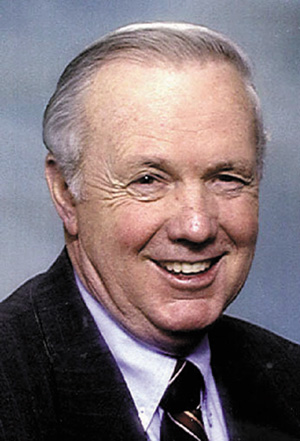No. 563 - THE VALUE OF TEACHING CHILDREN RESPECT
No 563
Jim Davidson NEWSPAPER COLUMN
THE VALUE OF TEACHING CHILDREN RESPECT
Here is a question that I would like to invite you to ponder with me for a few minutes today. Why do we see so many children in our society today who show so little respect for themselves, their parents and others? We might also follow this up with another question: is it important for children to be taught respect? You may or may not agree, but I think it's terribly important to teach a child respect when he is very young, because the old saying, "As the twig is bent, so grows the tree" is true. The reason this is so vital is that respect is the basis or foundation for character.
You show me an adult who has genuine respect for themselves and others and I will show you a good, law-abiding citizen who does not take unfair advantage of others, is upright, honest and fair in all his dealings. In view of the scandals we see everyday in the news on every front, I believe you will agree that teaching young children respect now will save many, many heartaches in the future. In fact, I believe it's critical to the future of our nation.
Several times each week I get a press release from the Arkansas Children's Hospital in Little Rock, and once in a while one really hits me as something that would be of value to share with you. One came this past week that meets these criteria. It was an article titled "Teaching Children Respect," written by Dr. Betty Lowe, Arkansas pediatrician, past medical director of Arkansas Children's Hospital and professor emeritus at the University of Arkansas for Medical Sciences. Dr. Lowe is well respected and you can take what she says to the bank.
Here is what she says, in part, on this important subject. "Respect between two individuals Ñ whether parent or child, student and teacher, etc. Ñ cannot be demanded nor legislated; it must be earned. Children must be respected by their parents and, perhaps even more importantly, they must feel they are respected. Even 3-year-olds respond to being considered as an important individual. Parents should listen to their children, talk with them, pay attention to what they are saying and give credence to the child's opinion and viewpoint.
"Once the child understands and feels he is respected as an individual and respected by his parents, he is much more likely to show respect for his parents and his siblings and understand the parents' role in discipline and family rules. Another element in maintaining respect within the family is for parents to respect each other. Each parent must show respect for the other and in no way should they belittle, criticize or disregard their spouse in front of their children. Parents need to present their children with a firm consensus in regard to family values and discipline.
"If children see that parents respect each other, they are much more likely to be respectful of their parents and each parent's role in the family structure. Children more often repeat the actions they see in adults, rather than behave the way they are told. Children almost always respond better to example than to verbal instructions. Parents can also gain insight into this topic by discussing it among themselves or perhaps by talking with their minister or a respected family member or counselor."
Well, that's the end of Dr. Lowe's comments. Due to space limitations, I could not include them all, but you got the gist of it. When she talked about parents, which refers to two people, she did not address children who are being reared in single parent homes in our country. We have a rising crime rate in our nation today, especially murder. You may rest assured that criminals are, for the most part, not being taught the value and importance of respect. People who truly respect other people do not shoot them, rob them or treat them inhumanely. Education is the answer.
ÑÑÑ
(EDITOR'S NOTE: Jim Davidson is a motivational speaker and syndicated columnist. You may contact him at 2 Bentley Drive, Conway, Ark. 72034. To support literacy, buy his book, "Learning, Earning & Giving Back.")
